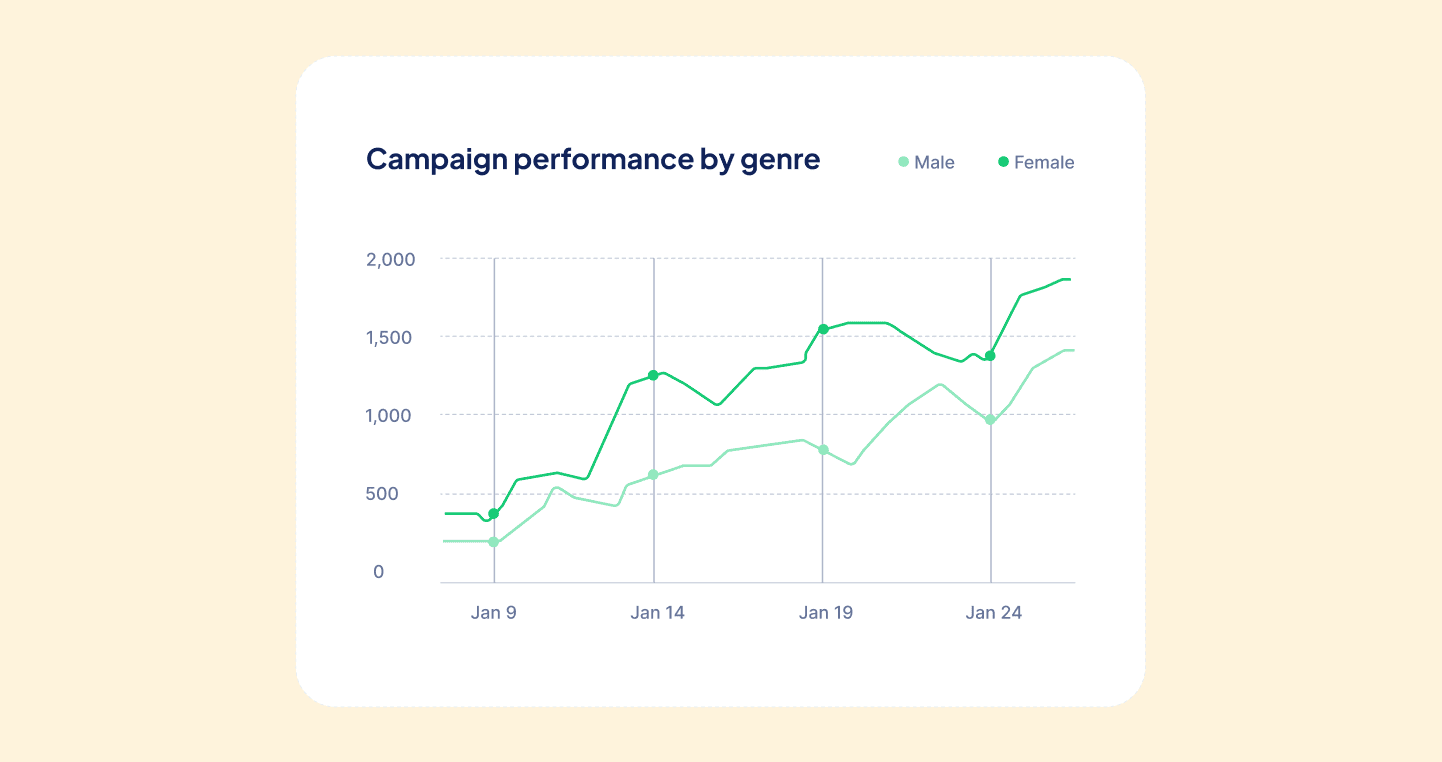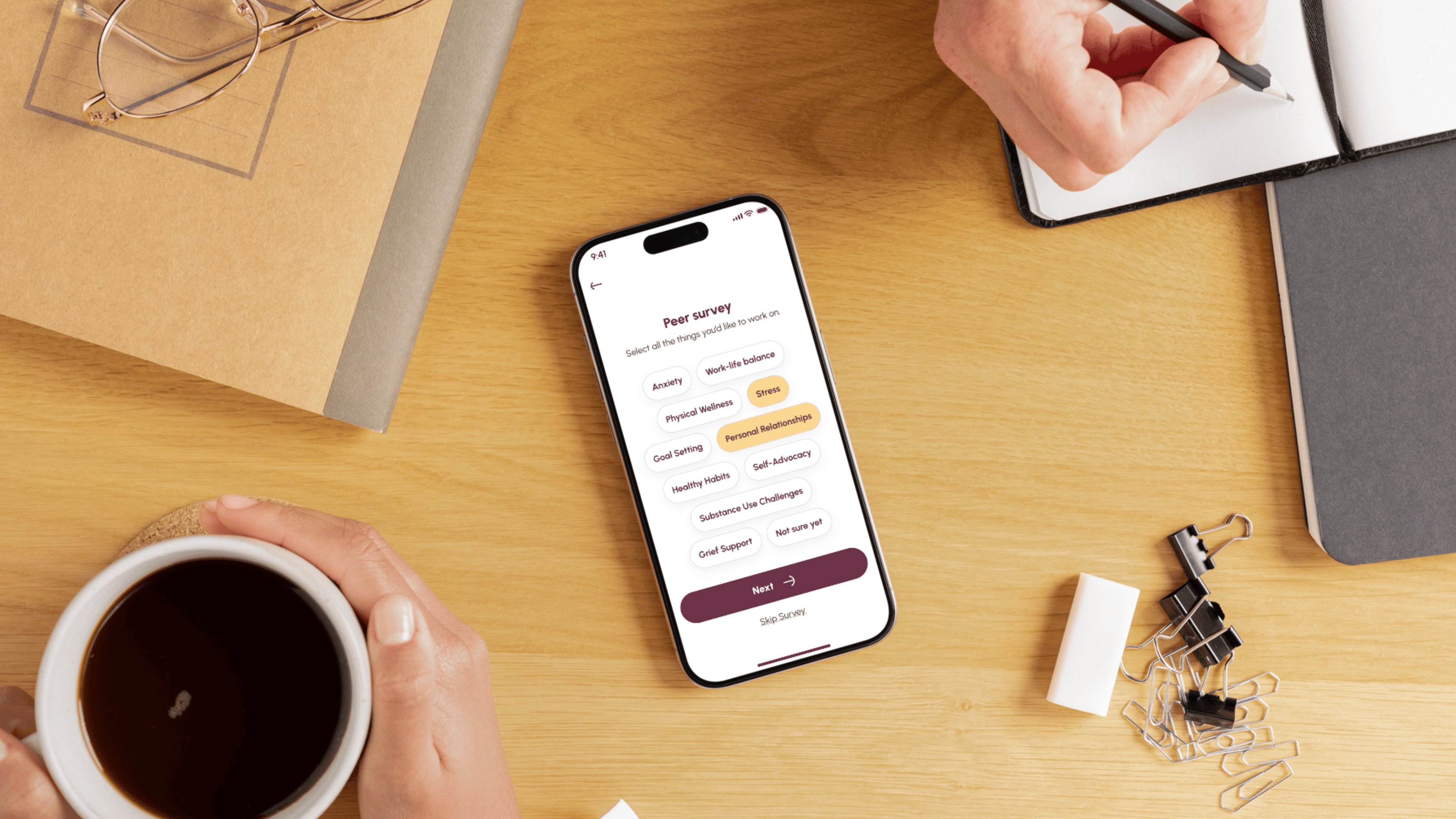Reducing Residential Treatment Utilization with WEconnect Health
Executive Summary
Residential treatment center (RTC) services are a critical but high-cost component of addiction recovery care. While necessary in some cases, overuse of RTC—especially when not paired with consistent outpatient engagement—can strain provider networks and payer budgets without guaranteeing long-term stability.
In a recent pilot, a WEconnect Health partner evaluated the impact of its digital recovery support platform on RTC utilization. The pilot demonstrated a 37% reduction in residential treatment days per 1,000 members versus a matched control group, resulting in 207 avoided treatment days and over $67,000 in cost savings. With a total investment of $40,500 and net savings of $26,539, the program generated a 65.5% return on investment.
These results reinforce the value of WEconnect as a cost-effective, engagement-focused tool for stabilizing members and reducing unnecessary reliance on high-acuity care.
Program Overview
- Pilot Focus: Residential treatment center (RTC) utilization reduction
- Population: 36 enrolled members across 8 provider locations
- Engagement Rate: 32 members (89%) actively engaged with WEconnect
- Partner Investment: $40,500
- Timeframe: Aligned with standard RTC billing and tracking windows
The goal was to determine whether daily digital support, behavioral incentives, and peer engagement could reduce the need for repeat or extended residential care stays—by helping members stay connected, supported, and progressing in lower-cost outpatient settings.
Results at a Glance
The Problem: Rising RTC Utilization and Costs
Residential treatment is often essential for stabilization—but overuse, repeated stays, and poor step-down support drive costs without improving long-term recovery outcomes. Many members relapse shortly after discharge or cycle back into high-acuity care due to lack of support in the community.
This pattern leads to:
- High per diem costs (often $300–$1,000/day)
- Strained provider capacity
- Poor member continuity between levels of care
- Inefficient use of recovery resources
For payers, treatment networks, and managed care organizations, reducing unnecessary residential stays without compromising outcomes is a top priority.
The Solution: Digital Continuity After Residential Care
WEconnect Health delivers structured recovery support through a mobile app designed to keep members engaged after they leave residential care—or prevent escalation to it.
Key components include:
- Contingency management: Rewards for meeting personalized goals
- Daily structure: In-app task tracking, streaks, and reminders
- 24/7 peer support: Ongoing connection outside the clinic
- Digital meetings: On-demand access to recovery-oriented communities
By providing consistent, real-time support and behavioral accountability, WEconnect helps members sustain recovery in lower levels of care, reducing reliance on RTC settings.
Analysis: Real Savings, Real Outcomes
In the pilot:
- 207 residential treatment days were avoided compared to control members
- The average daily cost of RTC services used for analysis yielded $67,039 in avoided spend
- After subtracting the program cost ($40,500), the partner realized net savings of $26,539
- This equated to an average of $737 saved per member, with an overall ROI of 65.5%
These savings were not hypothetical projections—they were calculated using actual RTC billing rates and utilization records, offering clear, validated evidence of WEconnect’s financial impact.
Implications for Providers and Payers
This ROI case study illustrates that small-scale investments in digital recovery support can lead to large-scale savings in high-cost treatment categories. For provider networks and payers, the implications are clear:
- Reduce overuse of residential care by promoting lower-acuity stability
- Extend the impact of RTC programs with digital continuity of care
- Strengthen outpatient engagement and reduce relapse risk
- Quantify savings with measurable, member-level claims impact
As behavioral health costs continue to rise, digital recovery support offers an actionable and scalable way to bend the cost curve—without sacrificing care quality.
Conclusion
This partner pilot reinforces WEconnect Health’s role as a high-value, cost-saving complement to residential treatment programs. By reducing RTC visits and supporting sustained outpatient recovery, WEconnect generates real financial returns and better long-term outcomes.
A 65.5% ROI in just 36 members demonstrates that the model works—and can scale effectively across broader populations.
Next Steps
To learn how WEconnect can help your network reduce residential treatment utilization and generate measurable ROI, contact us.
Emphasize your product's unique features or benefits to differentiate it from competitors
In nec dictum adipiscing pharetra enim etiam scelerisque dolor purus ipsum egestas cursus vulputate arcu egestas ut eu sed mollis consectetur mattis pharetra curabitur et maecenas in mattis fames consectetur ipsum quis risus mauris aliquam ornare nisl purus at ipsum nulla accumsan consectetur vestibulum suspendisse aliquam condimentum scelerisque lacinia pellentesque vestibulum condimentum turpis ligula pharetra dictum sapien facilisis sapien at sagittis et cursus congue.
- Pharetra curabitur et maecenas in mattis fames consectetur ipsum quis risus.
- Justo urna nisi auctor consequat consectetur dolor lectus blandit.
- Eget egestas volutpat lacinia vestibulum vitae mattis hendrerit.
- Ornare elit odio tellus orci bibendum dictum id sem congue enim amet diam.
Incorporate statistics or specific numbers to highlight the effectiveness or popularity of your offering
Convallis pellentesque ullamcorper sapien sed tristique fermentum proin amet quam tincidunt feugiat vitae neque quisque odio ut pellentesque ac mauris eget lectus. Pretium arcu turpis lacus sapien sit at eu sapien duis magna nunc nibh nam non ut nibh ultrices ultrices elementum egestas enim nisl sed cursus pellentesque sit dignissim enim euismod sit et convallis sed pelis viverra quam at nisl sit pharetra enim nisl nec vestibulum posuere in volutpat sed blandit neque risus.

Use time-sensitive language to encourage immediate action, such as "Limited Time Offer
Feugiat vitae neque quisque odio ut pellentesque ac mauris eget lectus. Pretium arcu turpis lacus sapien sit at eu sapien duis magna nunc nibh nam non ut nibh ultrices ultrices elementum egestas enim nisl sed cursus pellentesque sit dignissim enim euismod sit et convallis sed pelis viverra quam at nisl sit pharetra enim nisl nec vestibulum posuere in volutpat sed blandit neque risus.
- Pharetra curabitur et maecenas in mattis fames consectetur ipsum quis risus.
- Justo urna nisi auctor consequat consectetur dolor lectus blandit.
- Eget egestas volutpat lacinia vestibulum vitae mattis hendrerit.
- Ornare elit odio tellus orci bibendum dictum id sem congue enim amet diam.
Address customer pain points directly by showing how your product solves their problems
Feugiat vitae neque quisque odio ut pellentesque ac mauris eget lectus. Pretium arcu turpis lacus sapien sit at eu sapien duis magna nunc nibh nam non ut nibh ultrices ultrices elementum egestas enim nisl sed cursus pellentesque sit dignissim enim euismod sit et convallis sed pelis viverra quam at nisl sit pharetra enim nisl nec vestibulum posuere in volutpat sed blandit neque risus.
Vel etiam vel amet aenean eget in habitasse nunc duis tellus sem turpis risus aliquam ac volutpat tellus eu faucibus ullamcorper.
Tailor titles to your ideal customer segment using phrases like "Designed for Busy Professionals
Sed pretium id nibh id sit felis vitae volutpat volutpat adipiscing at sodales neque lectus mi phasellus commodo at elit suspendisse ornare faucibus lectus purus viverra in nec aliquet commodo et sed sed nisi tempor mi pellentesque arcu viverra pretium duis enim vulputate dignissim etiam ultrices vitae neque urna proin nibh diam turpis augue lacus.
%202.svg)


